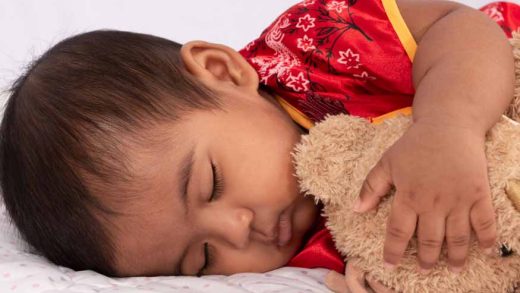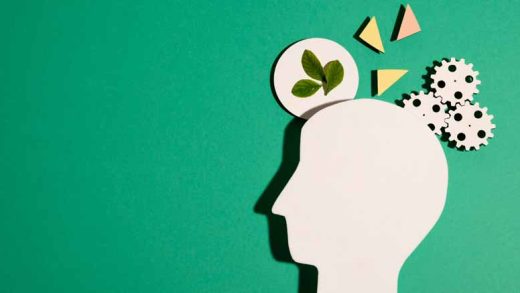Play strongly helps children’s body, mind, language, and social skills develop. But teachers nowadays focus on planned activities for testing and academic results as kids prepare for school. This emphasis causes a decline in playful learning.
Kids learn best in settings that let them play, explore, discover, and engage with others. If this is the most effective way for kids to learn, then why aren’t you seeing more of it in the classroom?
As a parent, you should know the importance of playing and the value of play in early childhood development. Let’s explore this further!
What’s meant by play?
It’s challenging to define play. You will most likely get a hundred different definitions of play if you ask a hundred people to define it. A lengthy list of definitions for play can be found in a dictionary search. Play for children has four primary meanings according to the Cambridge Dictionary.
- To enjoy is to pass the time by engaging in a pleasurable or humorous activity.
- To compete is to play a game or engage in another structured activity.
- Acting is the act of playing a part in a play.
- To create: to use an instrument to play music.
Kids are active participants in the activity, which is a commonality throughout all the descriptions. They are actively involved in helping the child grasp the material, rather than just passively sitting and listening.
Why is play essential for kids?
Play benefits a child’s growth immensely, and many parents intuitively understand this. Despite all of its benefits, they hardly ever link play to education.
Most people view learning as the process of picking up a new ability, like writing, counting, or memorising the alphabet. They frequently think that playing is just for enjoyment and has no real educational purpose.
However, studies show that learning happens when you play. Play experiences are how children learn. It is impossible to emphasise the value of play in preschool programs since a child’s development depends on play-based learning.
What are the benefits of play?
- Encourage the development of early brains
- Spark Creative Thinking
- Encourage impulse control and emotional self-control
- Develop Social Skills and Empathy
- Develop Closer Bonds With Peers And Parents
- Improved mental and physical well-being
- Teach Life Lessons
Play can help children boost their brains in a variety of ways, such as by improving their comprehension of the outside world and laying the foundation for future brain expansion.
Perfect life experiences serve as the ideal building blocks in an atmosphere rich in play, sensory play, and play objects. Play-related neuron connections will be lost in the absence of play.
A child’s increased imagination is probably the most obvious benefit gained from playing. Divergent thinking, or the kind of thinking that develops new ideas and considers a wide range of potential solutions, is directly related to creativity. There is a strong correlation between playing and divergent thinking. Creativity is fueled by imagination, and studies have shown that imaginative early childhood friends are associated with creative adolescence.
One of the most essential skills for being prepared to begin school is self-control. Children who are in control of their emotions may manage their negative emotions, wait their turn, resist the want to take things from other kids, and persevere through difficult tasks.
Emotional control is necessary for both academic achievement and the psychosocial facets of a child’s growth. It is very indicative of a child’s likelihood to succeed socially. Preschoolers with stronger emotional regulation skills are more endearing and adept in social situations.
Children’s social development is greatly enhanced by play. Playing actively and unstructured with others, such as parents, siblings, and friends, is a great way to develop social skills. Children’s social skills are improved when they pretend and bargain with their peers while playing.
Through play, children learn to collaborate, obey rules, exercise self-control, and generally get along with others when they play together.
The importance of children’s play helps parents and kids grow closer. Even easy games like treasure hunts can provide a unique opportunity for parents and kids to bond. Children’s brain development is stimulated by the pleasant life experiences that these encounters offer.
Some of the most valuable presents we can offer our kids are joyful, playful times. Researchers in psychology discovered that preschoolers’ level and sophistication of fantasy play was a strong predictor of their popularity, social skills, and positive social behaviour. Compared to children who play less, those who play more are typically happier, more adjusted, more cooperative, and more well-liked by their peers.
Kids who play more also become more empathetic, which is another key factor that improves social skills. These kids develop a greater comprehension of the thoughts and emotions of others.
Play supports a child’s emotional development, as we already know. A child’s resilience and mental health depend heavily on their emotional intelligence. Engaging in physical play activities fosters not only physical health but also strength, endurance, and gross motor abilities.
The importance of children’s play assists kids in play and learning and teaches them how to solve problems. Children who role-play life’s difficulties find that it helps them deal with the difficulties in their own unique ways. Additionally, it gives kids a secure setting in which to practise social skills and future duties.
Children who play a variety of roles learn how to adopt numerous viewpoints, which will help them even more with abstract thought.
Play is essential to a child’s growth, thus preschools that focus on it might offer a better learning environment. Parents should consider the way classes are run, if the “play and learning” method is applied, and the amount of unstructured play that is permitted while selecting a preschool, such as Kangaroo Kids International Preschool. We provide the best learning environment for the children. To learn more about our curriculum, contact us now!









